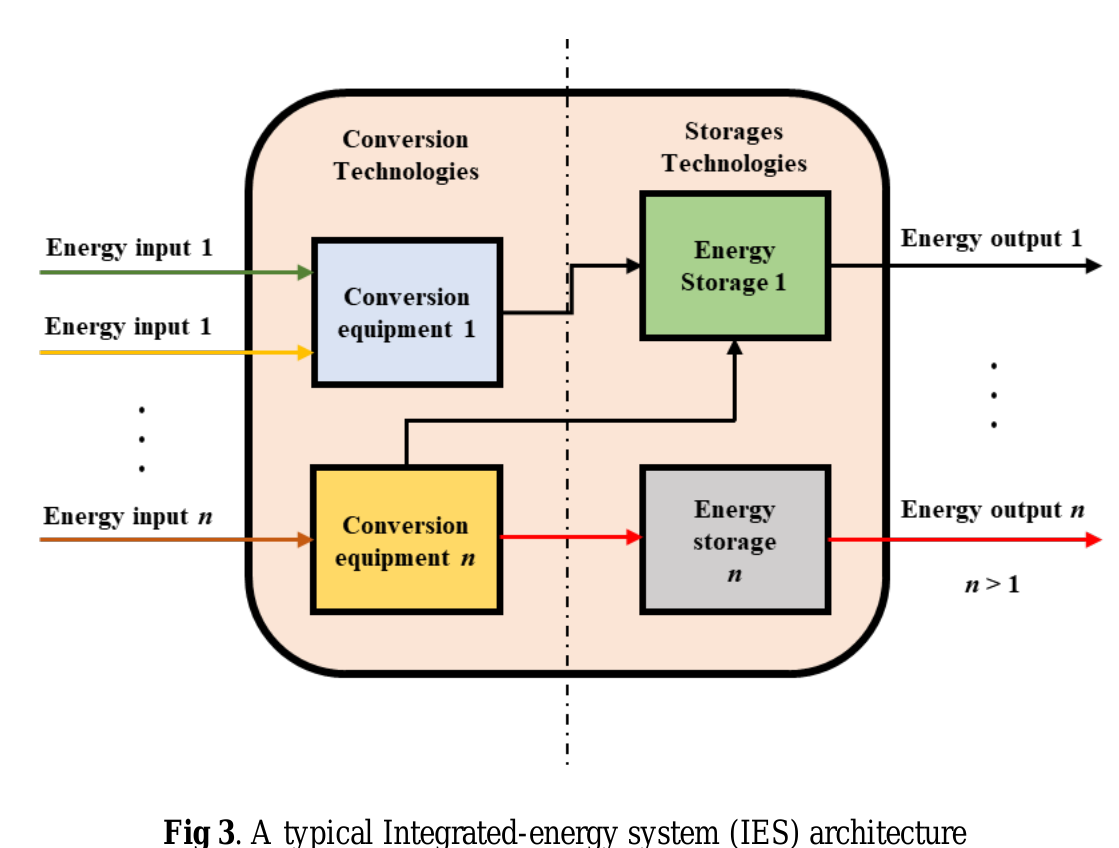A review on the integrated optimization techniques and machine learning approaches for modeling, prediction, and decision making on integrated energy systems
Renewable Energy,
Tobi Michael Alabi, Emmanuel I. Aghimien, Favour D. Agbajor, Zaiyue Yang, Lin Lu, Adebusola R. Adeoye, Bhushan Gopaluni
[PDF]
Abstract
The optimal co-planning of the integrated energy system (IES) and machine learning (ML) application on the multivariable prediction of IES parameters have mostly been carried out separately in the literature. Meanwhile, the synergy of optimization methods and ML techniques can enhance the feasibility of a zero-emission IES, boost realistic planning, and promote accurate day-ahead scheduling. Thus, a comprehensive review of integrated optimization and ML techniques in IES is crucial and hereby presented in this study. Critical issues such as an overview of IES structure, IES modeling approaches and techniques, application of ML in IES research, and the trends of integrating ML and optimization techniques for optimal and feasible planning of IES were presented. Specifically, extant studies on the integrated approach were reviewed under ML hyperparameter tuning using optimization, combined uncertainty estimation and decision making, integrated ML and scenario generation, integrated prediction, and optimal decision-making techniques. Findings from this review show that the IES structure depends on the available technologies, the multi-energy demand patterns, the available renewable resources, and the planner's objective. It was also revealed that despite the popularity of ML models and the benefits of synergizing them with optimization models, the application on IES has not been fully explored. The main conclusion from the review is that an IES framework with the aim of a carbon neutrality target is worthy of development. Also, the application of integrated ML and optimization on IES is still at its infant stage; hence, more research exploration is required in this area.
Read or Download: PDF
